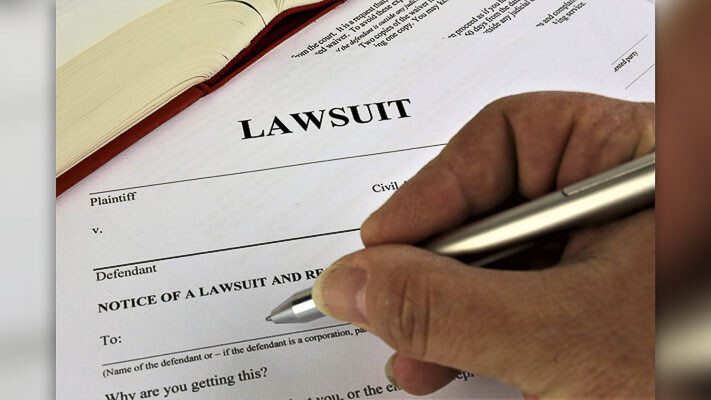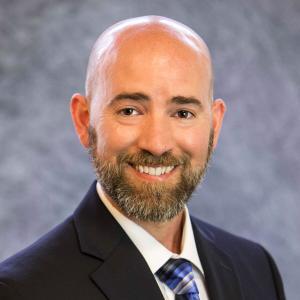
Jason Mercier of the Washington Policy Center offers the latest developments of the capital gains income tax case before the state Supreme Court
Jason Mercier
Washington Policy Center
Seven amicus briefs have been filed for the capital gains income tax case (WPC joined one). The Attorney General, however, is objecting to one of the briefs and wants the state Supreme Court to deny consideration of it. This is from the AG’s 12/15 motion to the state Supreme Court concerning the amicus brief submitted by Building Industry Association of Washington and Washington Retail Association:

“The brief also includes an unsupported attack on the motives of our Legislature in enacting the tax, and an objectionable insinuation that this Court would be disrespecting the rule of law if it were to uphold the tax . . . This Court should take a clear stand against unnecessary and offensive attacks against the legislature and judiciary by those seeking to participate as amicus curiae by denying BIAW and WRA’s motion for leave to file its amicus brief.”
BIAW responded to the court today saying:
“Second, a nearly identical brief was filed without objection by any party, including the Appellants, at the trial court level. The argument and wording identified in Appellants’ objection as problematic is thus already part of the record in the lower court in this case. Appellants’ do not make clear why this language is suddenly objectionable and what meaningful purpose can be served from excluding it at this stage of the proceedings.
Third, contrary to the assertions of Appellants, it is entirely proper to call into question the motive and intent of the legislature in adopting a bill . . . Yet, Appellants fail to explain how that freedom does not extend to criticizing the motives and intent of a Legislature that is enacting a tax via statute which flies in the face of over 100 years of precedent from this Court.
Finally, Appellants’ objection boils down to a difference of opinion in semantics. While reasonable minds can disagree on word choice in an argument in the heat of advocacy, this should not be the basis to deny the motion of a potential amicus curae. The Business Association brief does not go nearly as far as other amicus briefs in recent years have in heavily criticizing the constitutionality of the fiscal policies of the Legislature and the impacts of its budgeting decisions, and even calling for the imposition of specific contempt sanctions or enforcement remedies by this Court against the lawmaking-branch of government.”
Speaking of legislative motives for the capital gains income tax, here is a public record I received from one of the tax supporters, Sen. Jamie Pedersen (page 1 of pdf):
“But the more important benefit of passing a capital gains tax is on the legal side, from my perspective. The other side will challenge it as an unconstitutional property tax. This will give the Supreme Court the opportunity to revisit its bad decisions from 1934 and 1951 that income is property and will make it possible, if we succeed, to enact a progressive income tax with a simple majority vote.”
Senator Pedersen further explained how he hopes the capital gains income tax will now cause the court to allow a broader income tax in this 43rd District Democrats meeting (1:02:08 mark).
A decision by the court concerning the BIAW/AG amicus dispute is expected soon. The state Supreme Court will hear oral arguments on the capital gains income tax on January 26, 2023.
Jason Mercier is the director of the Center for Government Reform at the Washington Policy Center.
Also read:
- Opinion: It’s time for SCOTUS to clean up the 9th Circuit’s messCongressional candidate and Camas City Councilor Leslie Lewallen addresses the issue of Washington’s growing homeless populations.
- Opinion: Truth or Liias – Will an evil billionaire be the only one to benefit from I-2109?Let’s Go Washington officials provide a rebuttal to opposition of the three remaining Washington initiatives.
- Letter: Area resident addresses actions of State Supreme Court Commissioner Michael E. JohnstonBrush Prairie resident Bill Eling shares his thoughts on the actions of State Supreme Court Commissioner Michael E. Johnston in the case of State of Washington v. Gator’s Guns.
- POLL: Are you inclined to vote to approve the three remaining Washington initiatives?Are you inclined to vote to approve the three remaining Washington initiatives?
- Opinion: Where did the data come from for Ridgefield School District?Ridgefield resident Heidi Pozzo provides sources for the information she has shared in her series of columns on the Ridgefield School District bond proposal before voters in the April 23 special election.










